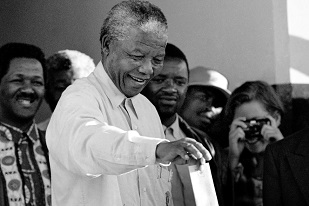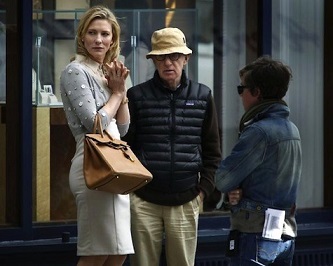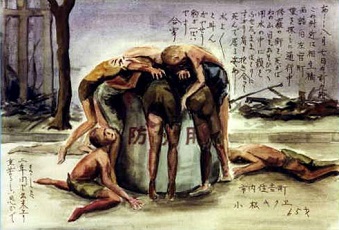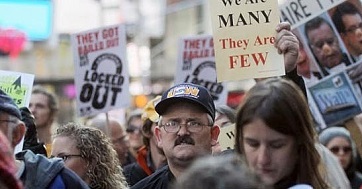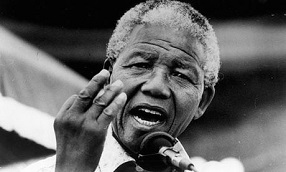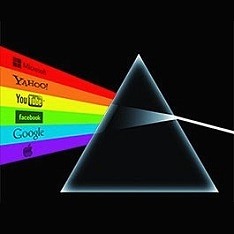Mandela's Disturbing Legacy
On December 5, Mandela died peacefully at home in Johannesburg. Cause of death was respiratory failure. He was 95. Supporters called him a dreamer of big dreams. His legacy fell woefully short. More on that below.
The Nelson Mandela Foundation, Nelson Mandela Children's Fund, and Mandela Rhodes Foundation issued the following statement:
"It is with the deepest regret that we have learned of the passing of our founder, Nelson Rolihlahla Mandela - Madiba. The Presidency of the Republic of South Africa will shortly make further official announcements. We want to express our sadness at this time. No words can adequately describe this enormous loss to our nation and to the world. We give thanks for his life, his leadership, his devotion to humanity and humanitarian causes. We salute our friend, colleague and comrade and thank him for his sacrifices for our freedom. The three charitable organisations that he created dedicate ourselves to continue promoting his extraordinary legacy."
He'll be buried according to his wishes in Qunu village. It's where he grew up. In 1943, he joined the African National Congress (ANC). He co-founded its Youth League.
He defended what he later called Thatcherism. On trial for alleged Sabotage Act violations, he said in court:
"The ANC has never at any period of its history advocated a revolutionary change in the economic structure of the country, nor has it, to the best of my recollection, ever condemned capitalist society."

























